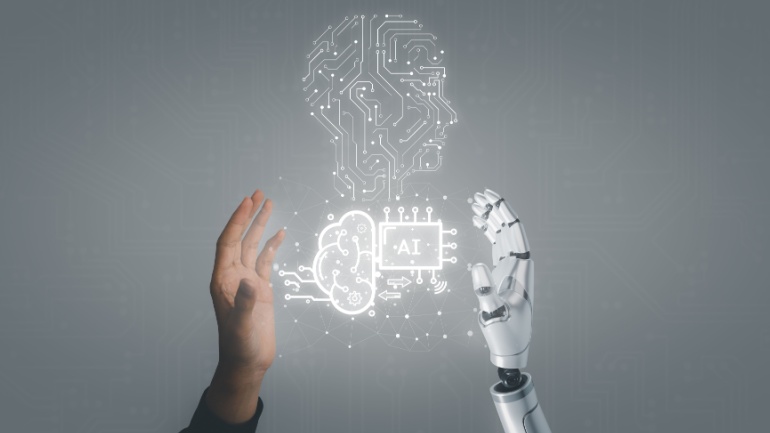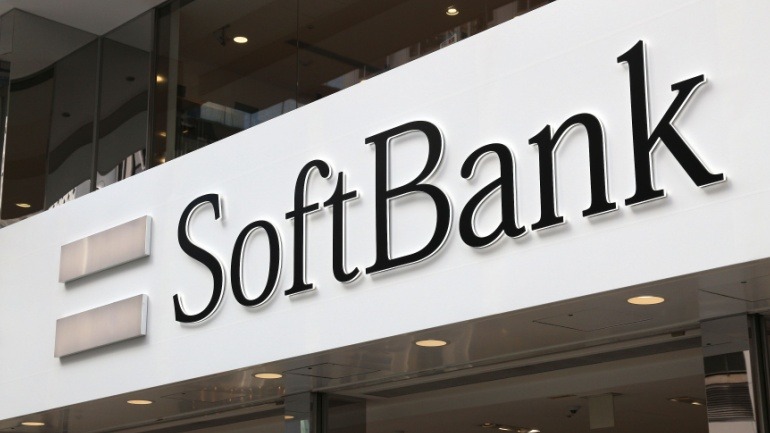The transformative stride of AI, with particular reference to GenAI, has been breathtaking. With defining moments, such as the trailblazing success of Open AI and ChatGPT, and NVIDIA’s spectacular $1.72 trillion valuation earlier this year, AI continues to stir the headlines.
However, the rise of GenAI raises concerns in some quarters. Many proponents of GenAI perceive its booming popularity as being far from reality. Opponents, on the other hand, see it as a potential destabilizer. GenAI, even in the unintended scenarios, has a tendency to assert falsehoods, blurring the line between reality and fiction. With an uptick in AI-generated content, discerning authentic information from fabricated stories is becoming increasingly difficult.
Reputed telecom company NTT is expressive about its concerns on this matter. Recently, NTT and Yomiuri Shimbun, a national newspaper in Japan, published a joint statement which suggests the implementation of new regulations targeting GenAI. This action is instigated by a joint research conducted by the two entities in the previous autumn.
The study outlines challenges GenAI poses including creating hallucinations, spreading bias, promoting toxicity, retraining through data input, violating rights through data scraping and the difficulty of assessing created products. It stated, “If generative AI is allowed to go unchecked, trust in society as a whole may be damaged as people grow distrustful of one another and incentives are lost for guaranteeing authenticity and trustworthiness. There is a concern that, in the worst-case scenario, democracy and social order could collapse, resulting in wars.”
Focusing on the potential havoc that AI-driven misinformation could wreak on democracy and national security, the study stressed the necessity of “hard laws” in these arenas to prevent “enormous and irreversible damage”. It also mentioned the dire consequences if generative AI is not properly regulated.
Nevertheless, the statement also underscored the importance of flexible regulation. With swift advancements in technology, a malleable regulatory framework is needed that could align with the pace of these progressions. The European Union’s measures like the General Data Protection Regulation, Digital Services Act, and Digital Markets Acts were mentioned as already incorporating AI safeguards. However, there are still markets, like Japan, lagging behind in this regulatory progress.
The statement also proposed mandatory AI education in schools, updates in copyright laws, and effective labelling of AI-generated content. NTT’s standpoint indicates the gravity of the internet misinformation issue, which is projected to increase with the influx of new content created by AI models. It also acknowledges the potential of this technology in enhancing productivity and sparking innovation.
Given the substantial elections scheduled in various countries, including the UK and the US this year, it is crucial that these regulatory measures are expedited. The proposal concludes, “The out-of-control relationship between AI and the attention economy has already damaged autonomy and dignity, which are essential values that allow individuals in our society to be free.”







